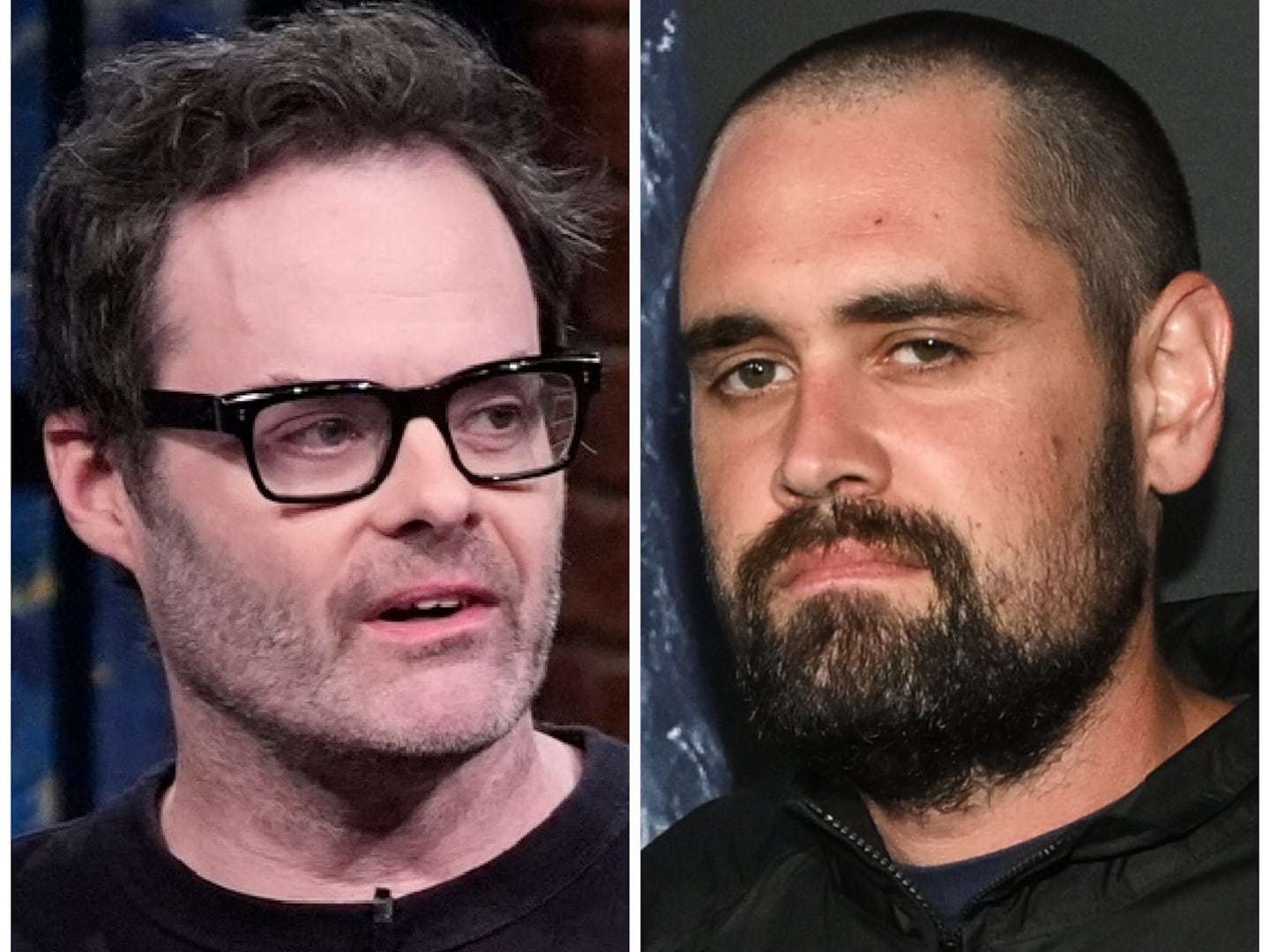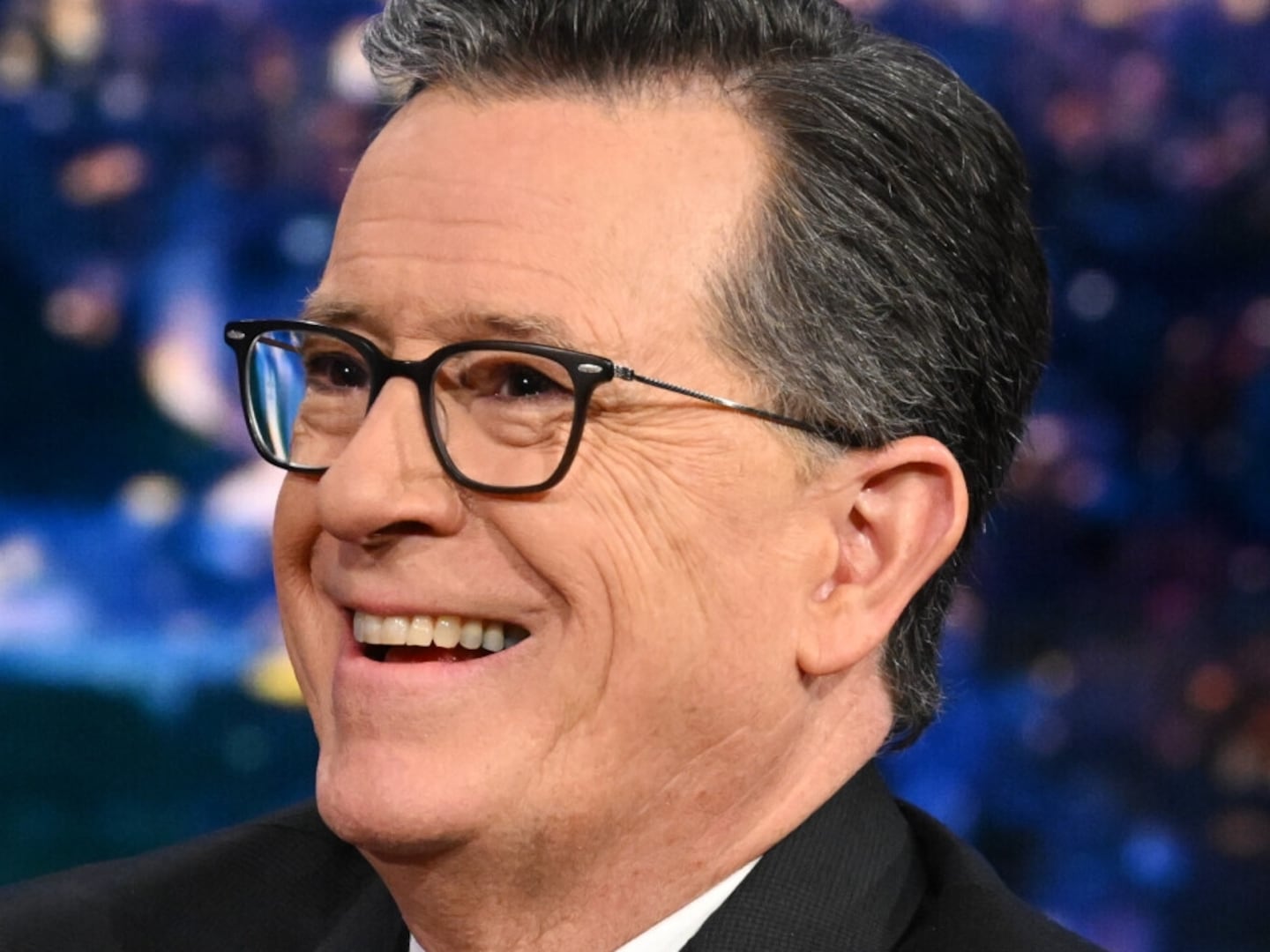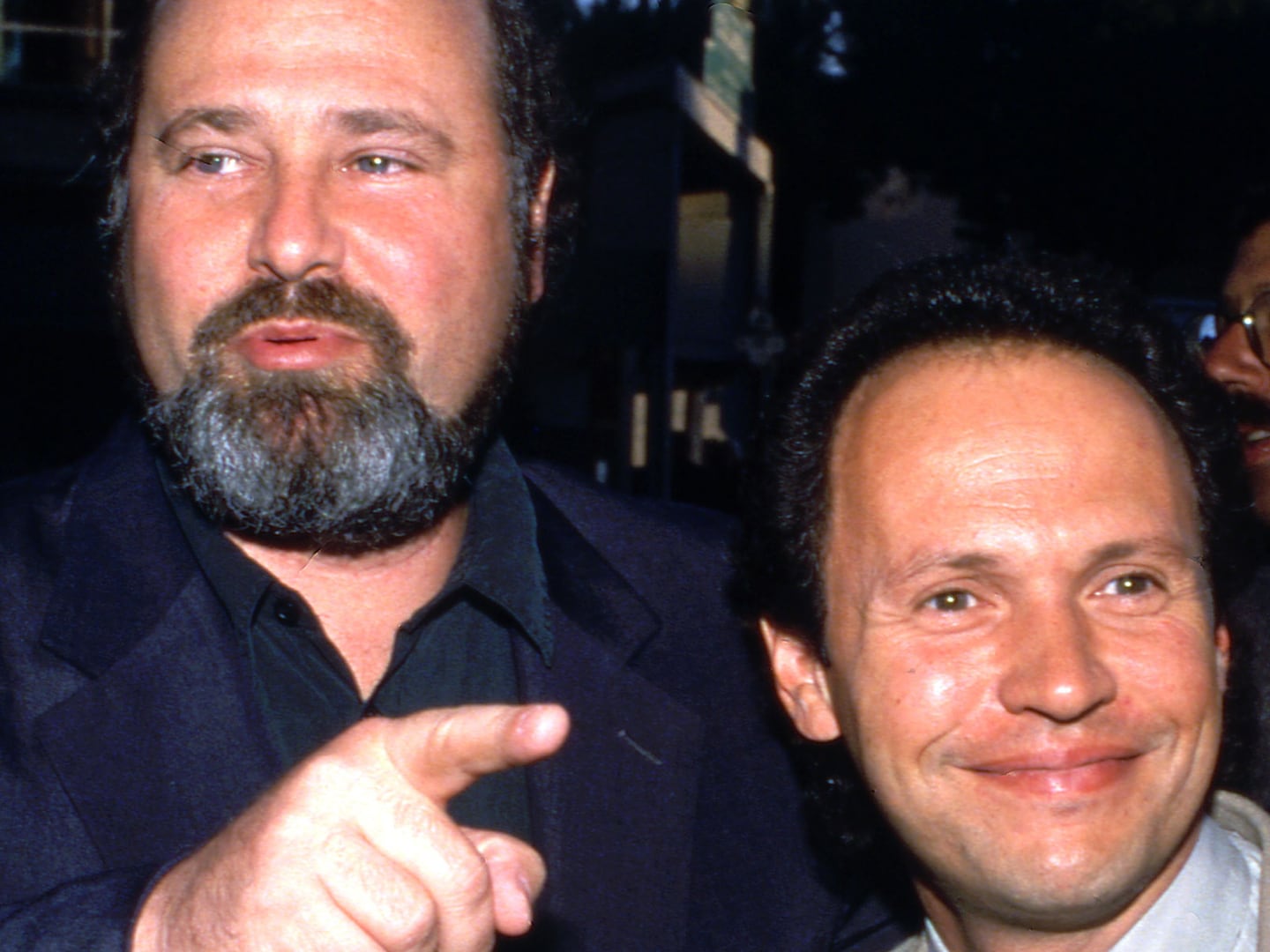Shows don’t come timelier than Class of ’09, an eight-part FX on Hulu drama, premiering May 10, that concerns the potential benefits and pitfalls of artificial intelligence—including the moral questions it raises and the ramifications it may have on the human workforce. Arriving as companies such as IBM are opting to not hire new workers for positions that will be replaced by A.I. in the coming few years, it’s a limited series with its finger so firmly and urgently on the pulse of our present (and future) reality that its fiction plays not as pure make-believe but, rather, as a vision of a possible tomorrow.
Better yet, Tom Rob Smith’s show has more going for it than just prescience. Set during a trio of time periods, it focuses on four individuals struggling to figure out (and define) who they are while simultaneously navigating a law enforcement system dedicated to identifying threats to the public. A
ll three of these strands are intertwined in various narrative and thematic ways, highlighting the ethical and practical dilemmas that drove characters to embark on their respective courses, and exposing the fundamental means by which the personal affects the professional—and, as a result, the national. Inventively conceived and deftly executed, it’s a crime saga that comes across a modernized, multi-layered spin on Philip K. Dick’s (and Steven Spielberg’s) Minority Report.
Trifurcated across decades, Class of ’09 begins in 2034, with FBI director Tayo Michaels (Brian Tyree Henry) monitoring the country via a wall of monitors whose security camera footage sometimes devolves into oceanic streams of matrix-like data. In order to locate a wanted individual named Amos Garcia (Raúl Castillo), Michaels sends Amy Poet (Kate Mara), who has one cybernetic eye and doesn’t understand why she’s been plucked for this assignment.

What she discovers alongside comrade Murphy (Mrs. Davis’ Jake McDorman, co-starring in yet another AI-related series) is a bank of screens not unlike those possessed by Michaels, and which eventually cut to a loop of Michaels himself proclaiming, “Not only are we now one of the greatest countries on this Earth—we are now also one of the safest.”
Garcia is an apparent figure from the FBI’s past, and it’s there that Class of ’09 soon travels. In 2009, Poet is a nurse who puts everyone first, but she’s convinced to give herself a shot by trying out for the bureau.
At Quantico, she joins a prospective incoming class that includes Miller, a former cog in the corporate machine who’s looking to fight injustice, as well as confident Lennix (Brian J. Smith), whose parents view the FBI as a step on his journey to political power, and Hour (Sepideh Moafi), the daughter of persecuted Iranian immigrants who don’t understand their daughter’s decision to channel her MIT-grade intellect into a career with the feds. Smith delineates these characters in quick, acute strokes, and then slowly peels back their layers to bare the hang-ups that have led them to their new career.
“We always reveal ourselves,” says Miller to an interrogation-room suspect—one of many instances in which Class of ’09’s protagonists articulate this sentiment. The desire to know the self is central to Smith’s story, which discloses that Miller doesn’t trust people (thanks to a harrowing teenage traffic stop gone awry), Hour dreams of creating an inherently fair system (because it might provide the acceptance she craves as a gay woman), and Poet is a loner who prioritizes others in the same (harmful) manner that her single mother did.
These individual issues are wrapped up in the series’ fascination with AI, which promises investigators the ability to correlate and analyze data on a heretofore unheard-of scale, albeit at the cost of the vital human input necessary (or is it?) to differentiate between right and wrong, good and evil.
Between 2009 and 2034, Class of ’09 situates itself in 2023, with Hour attempting to convince a skeptical establishment that an interconnected criminal database would help agents (rather than render them obsolete), Poet being forced to go undercover to investigate her own (following her triumphant take-down of corrupt Philly cops), and Michaels finding himself in a firefight with Montana domestic terrorists whose cunningly smiling leader Mark Tupirik (Mark Pellegrino) seems to have his sights trained specifically on him.

The threads connecting these comrades’ befores and afters only slowly become clear, as Smith hopscotches between eras with tantalizing (and generally surefooted) dexterity. They’re brought to life, moreover, by a cast that skillfully handles both the proceedings’ action-oriented demands and psychological and Big Picture interests, led by the typically great Henry, whose Michaels has an easygoing charisma that belies his keen perceptiveness and formidable determination. He’s the centerpiece of the show, even if he never unduly overshadows his co-stars.
Smith imagines 2034 society as populated by realistic techno-gadgets and complicated by the consequences of artificial intelligence, whose unparalleled ability to assess information results in the types of predictive precrime measures that formed the basis of Dick’s predecessor.
It’s a fantasy that feels like it’s sprung from today’s headlines, and its AI-centric material serves as an apt contextual framework for a story that’s about the eternal quest to know oneself, others, and the world. From touch screens to domestic automation to the implants that grant Poet and others enhanced interfacing abilities—the byproducts of innovation that are also necessitated by grievous injuries—Class of ’09 proves to be a science-fiction venture whose latter is inspired by the former.
Since press were only provided with four of the series’ eight installments, there’s no guessing the ultimate destination of Class of ’09, which uses its time-jumping conceit to thrill and, additionally, to elucidate new facets of its primary players. In an era when so many overlong TV efforts telegraph their every move, such unpredictability is another feather in Class of ’09’s cap, and makes one wish that it would continue on even past this season. If not, though, there’s still plenty of reason to see it through to its finish—which, hopefully, won’t provide an AI cautionary-tale lesson that hits too close to home.
Liked this review? Sign up to get our weekly See Skip newsletter every Tuesday and find out what new shows and movies are worth watching, and which aren’t.






